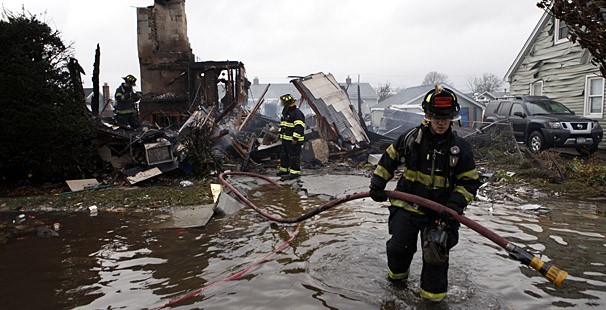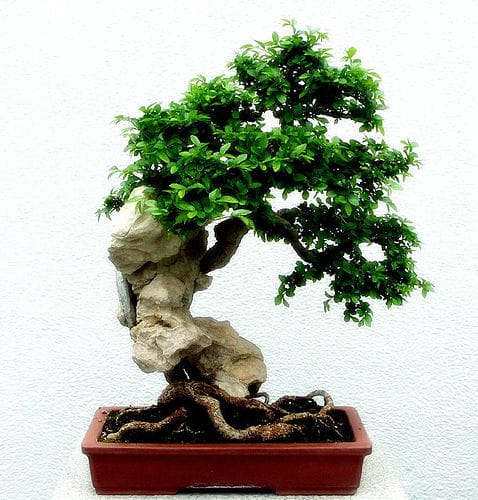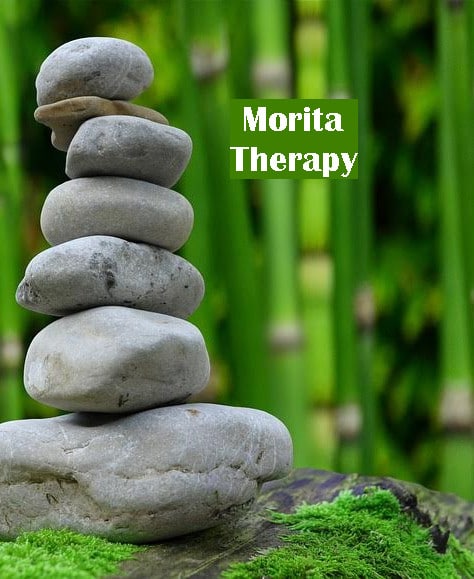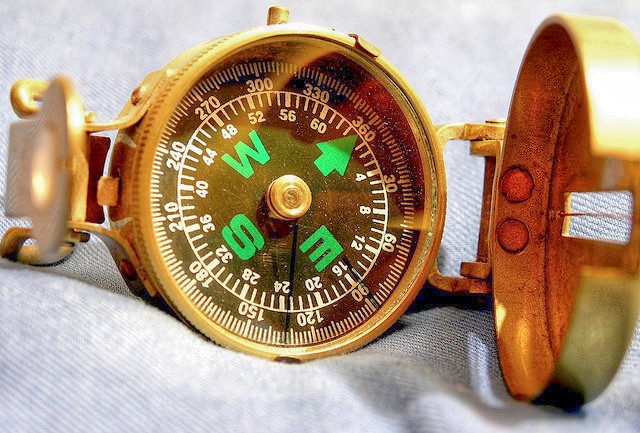In the aftermath of a natural disaster, what does it take for a family and community to recover? In 2005, Daniel Aldrich, at the time, a professor at Tulane University, packed some clothing and toys and fled with his family to Houston as Hurricane Katrina devastated New Orleans. Their home, belongings and second car were destroyed by the storm. While most people focus on the provision of financial support as a key element of recovery, Aldrich believes that social capital (social support and networking) is one of the most important characteristics of neighborhoods that recover from disasters. Aldrich is the author of Building Resilience: Social Capital in Post-Disaster Recovery (Univ. of Chicago Press). In addition to his personal experience with Hurricane Katrina, Aldrich has studied areas around the world that have recovered from disasters including the 1996 earthquake in Kobe, Japan and the 2004 Tsunami that killed thousands of residents near the town of Tamil Nadu, India. In this audio program, Aldrich is interviewed on the NPR program, Talk of the Nation.
Tags: Audio Crisis Kindness Mental Wellness Purpose Relationships










